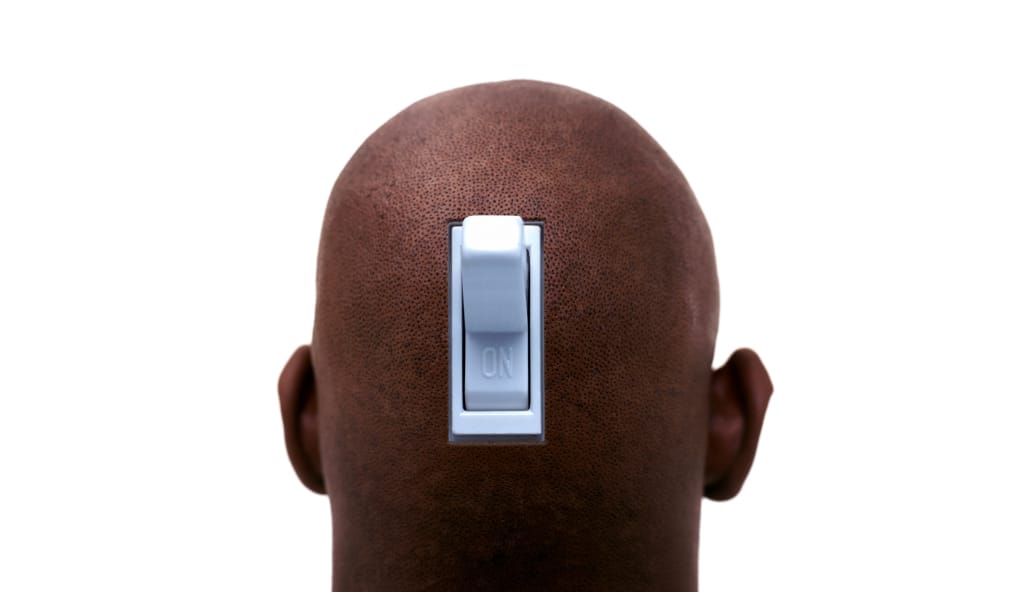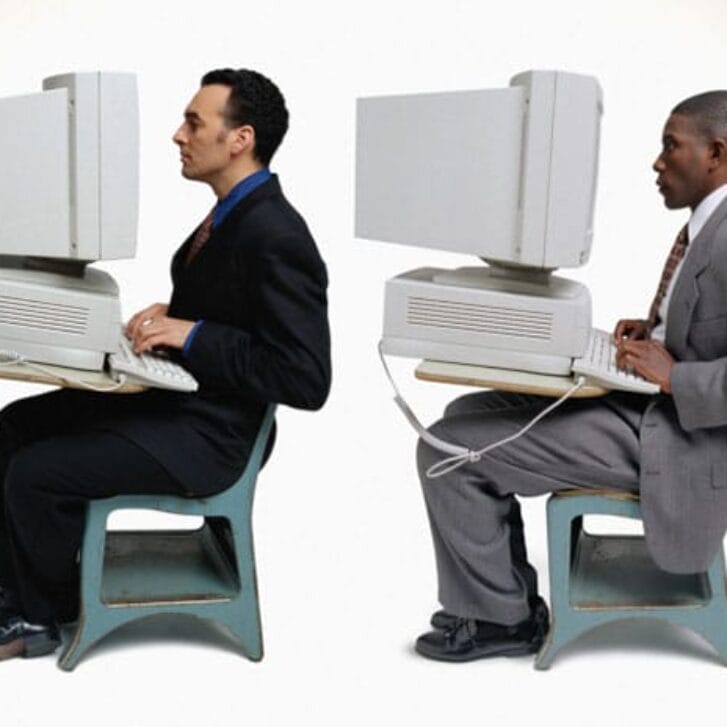Technology in the 21st century has progressed to the point—almost—where hardware devices will get better the longer you own them.
“It’s almost like a baseball glove,” said Rob Coneybeer, WG’96, co-founder of the Silicon Valley venture capital firm Shasta Ventures.
It’s almost beyond belief, given how quickly hardware becomes outdated in today’s world.
Yet Coneybeer sees that as an overall direction of hardware, along with inexpensive 3-D printers, affordable computer-driven cars, T-shirt operating systems, and chip- and WiFi-enabled patches that measure and report on an individual’s blood chemistry.
Coneybeer identified several “explosive” hardware opportunities for an audience mostly comprised of Wharton students interested in tech and VC at BizTech@Wharton 2012 at the end of November. Drones, for instance, will become a $100 billion market in a decade and will be more common than airplanes. Robotics will continue to develop, including the miniature kind that swim in patients’ bloodstreams for medical purposes. Technology will continue to revolutionize healthcare, including the “body area care networking” in the intensive care unit. And of course, cool, innovative devices will continue to emerge in the consumer space.
Coneybeer also answered his own question: “What are the key enablers?” For starters, chipsets including wireless and accelerometers are far cheaper than ever, as well as the “vast economies of scale” that contract manufacturing now offers to startups with just $500,000 in capitalization.
And it cannot be overemphasized how “social media has fundamentally changed” how small hardware firms can “rise above the noise” without paid advertising or expensive marketing—or in the case of KickStarter, raise money.
“Great products matter more than ever,” Coneybeer said. “The best products today do win.”
Coneybeer spoke during the VC Fireside Chat session. The student-organized 17th annual BizTech@Wharton Conference brought together the latest thinking on the business of technology, including sessions on mobile monetization, e-commerce, big data, the cloud and gaming.
























